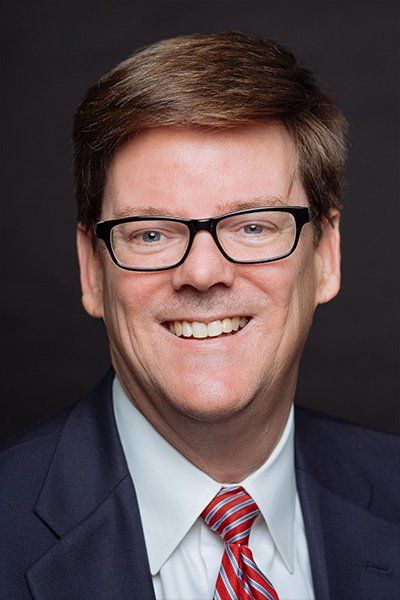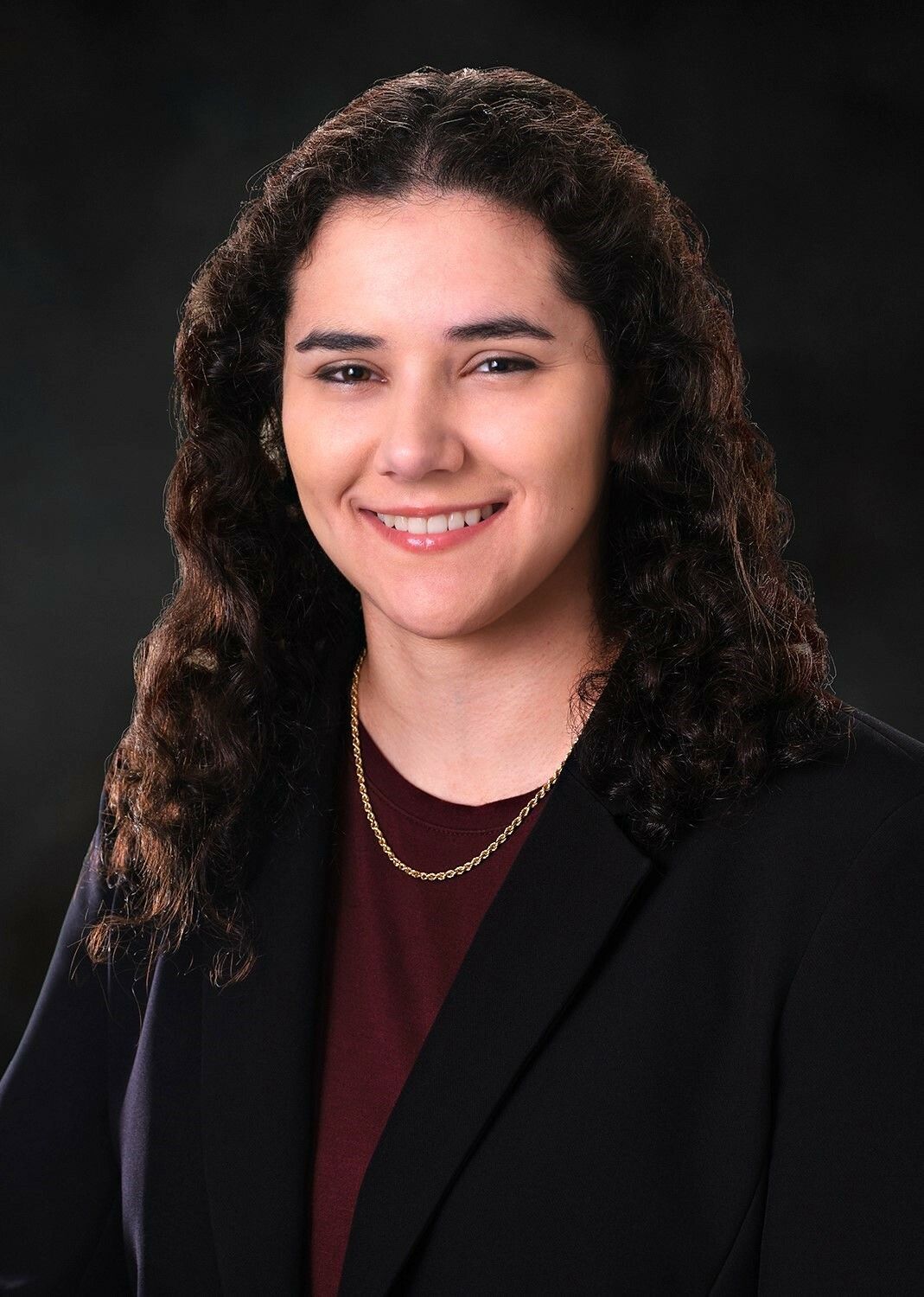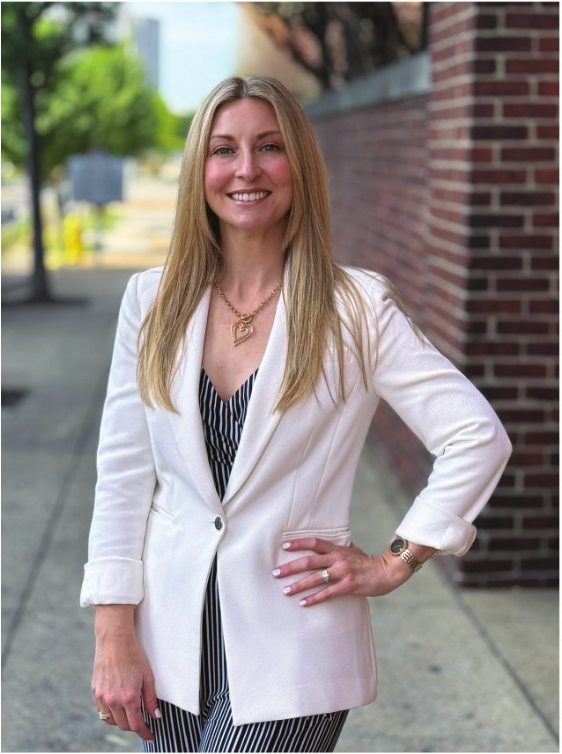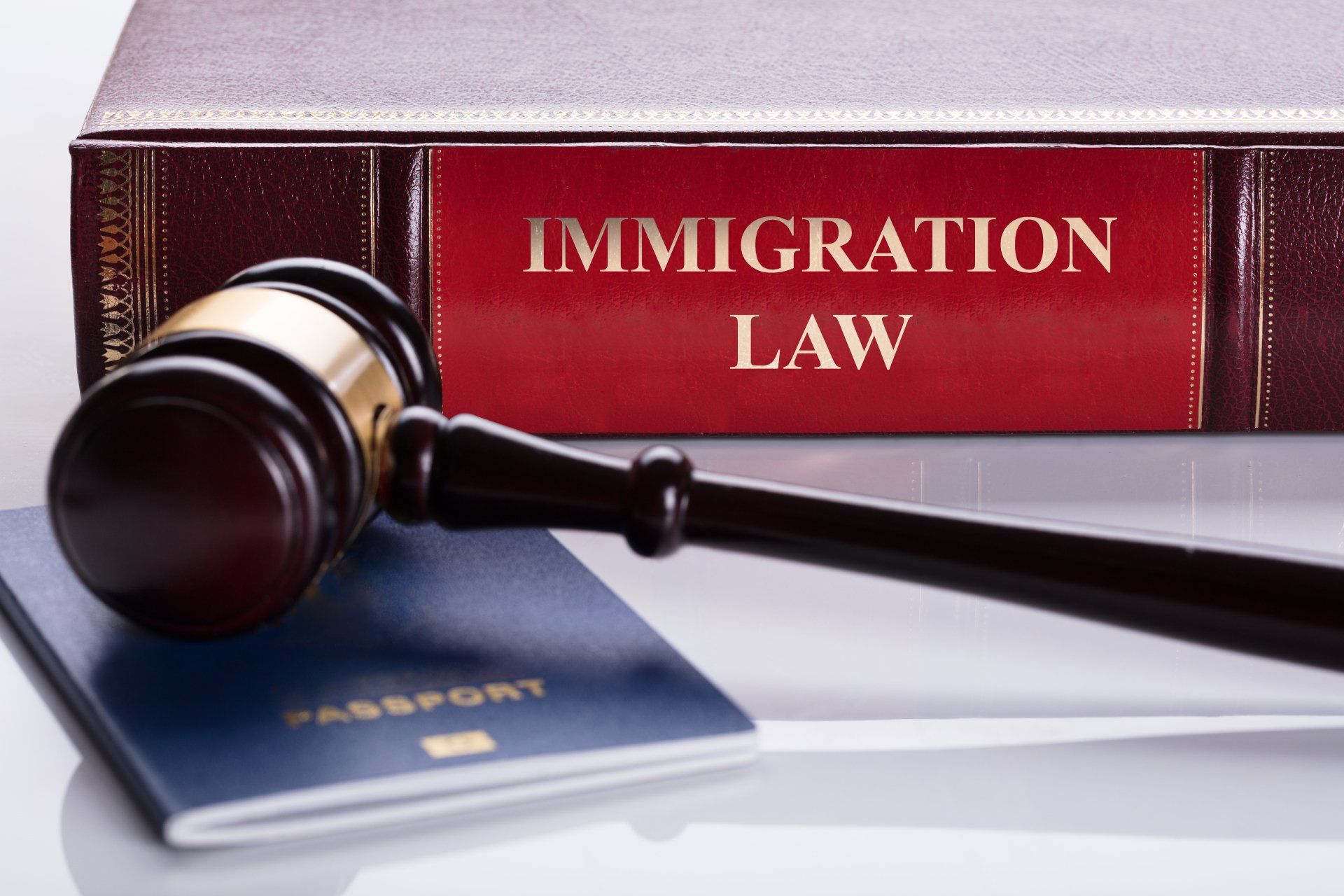The Right to Resell Books Upheld
The Right to Resell Books Upheld
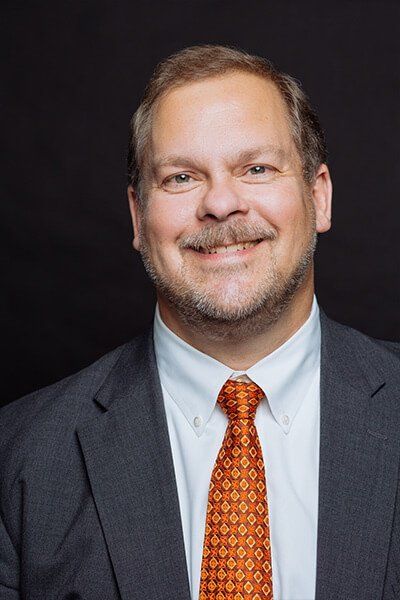
On March 19, 2013, the United States Supreme Court reinforced the right of an owner of a legally purchased book to resell that book in the United States, even when the book had been purchased overseas. The case was Kirtsaeng v. John Wiley & Sons, Inc., 2013 WL 1104736 (March 19, 2013).
Under U.S. Copyright law, and particularly 17 U.S.C. § 109, the legal purchaser of a work protected by a copyright has been allowed to resell that work pursuant to the "first sale" doctrine. The buyer could not make copies and sell them, but could legally resell the original work.
In contrast, 17 U.S.C. § 602 mandates certain restrictions upon the importation in the United States of copyrighted works acquired outside the United States, without the authority of the owner of copyright.
Kirtsaeng had moved from Thailand to attend college in the United States. While attending college, and to lower the cost of textbooks, his family legally bought textbooks in Thailand, and shipped them to Kirtsaeng in the United States. Kirtsaeng then resold those books at a profit.
John Wiley & Sons was not happy with revenues being lost. They brought suit against Kirtsaeng, and prevailed in both the trial court and the Second Circuit Court of Appeals, arguing that the first sale doctrine applied only to copyrighted works produced within the United States, and not overseas. Wiley further contended that the textbooks had been imported into the United States without the authority of the owner of copyright, in this case John Wiley & Sons.
The Supreme Court disagreed. The Court held that the first sale doctrine was not limited by geography. Pursuant to 17 U.S.C. § 109, which refers to works "lawfully made under this title," the Supreme Court held that no geographical limitation could be read into that language. A work could still be "lawfully made under this title" even if manufactured overseas, and then shipped into the United States. The Court stated:
For another thing, reliance upon the "first sale" doctrine is deeply imbedded in the practices of those, such as booksellers, libraries, museums, and retailers, who have long relied upon its protection. Museums, for example, are not in the habit of asking their foreign counterparts to check with the heirs of copyright owners before sending, e.g., a Picasso on tour.
The Court further addressed the ever-growing importance of foreign trade to America, and noted that imports of goods and services in 2011 constituted 18% of gross domestic product in the United States, compared to 11% in 1980.
The Kirtsaeng decision, by upholding the first sale doctrine, protected libraries, museums, used book and CD stores, and even garage sales, by allowing a work legally purchased overseas and then resold in the United States to be free from further restrictions by the copyright holder. Manufacturers and publishers will have to fall back on their contracts with distributors to protect such goods from entering commerce in the United States.
This blog is not intended to create an attorney/client relationship or provide legal advice. Please contact the author if you have any questions or comments regarding the subject matter.
